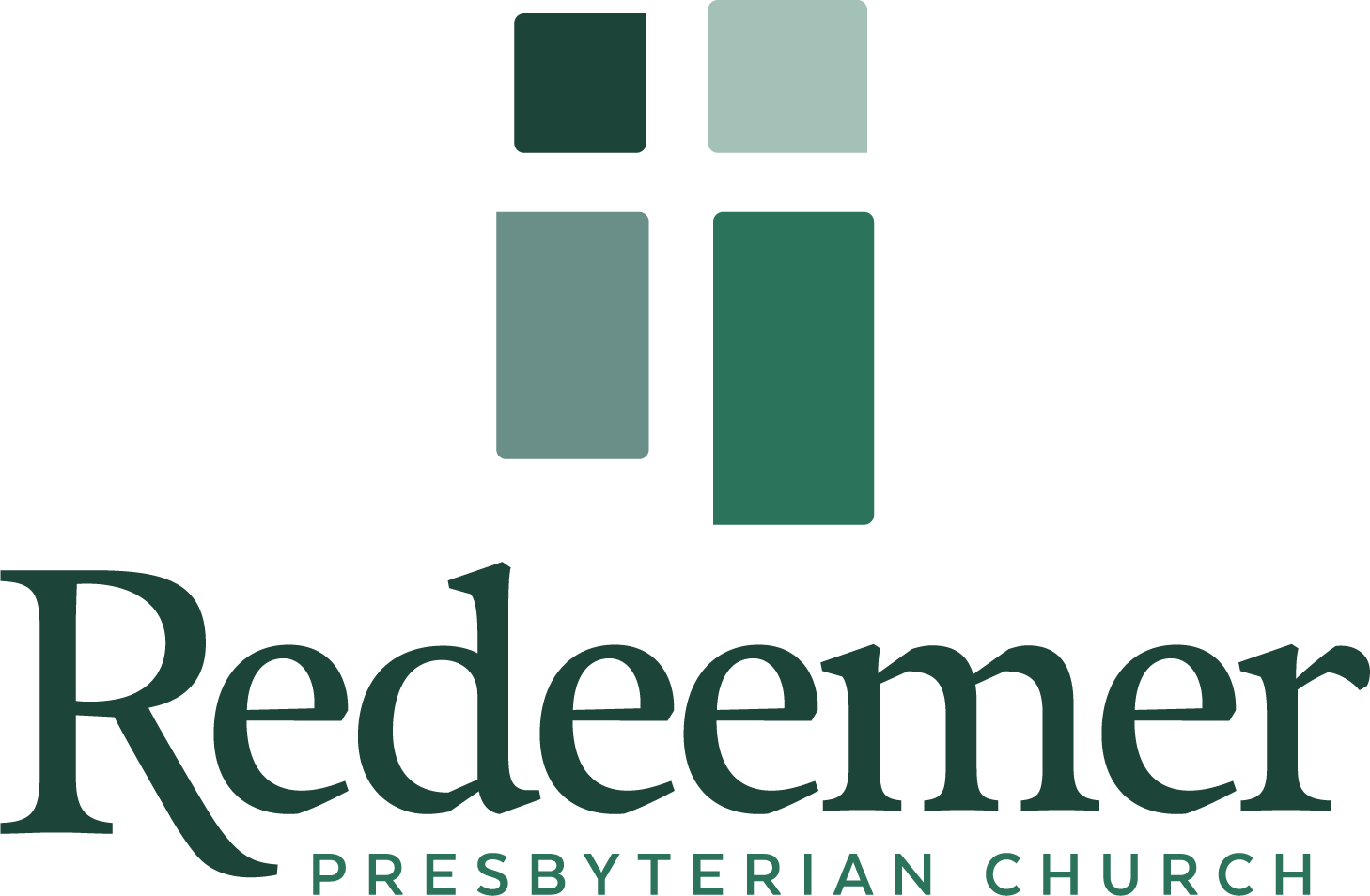Covid Correlations - How Pandemic Life Helps us Understand Leviticus
By: Ross Jelgerhuis
Quarantine, contamination, germs – all words we are begrudgingly familiar with these days. Did you know these concepts can help us understand and appreciate God’s holiness and our sin better as well?
I’m speaking of the book of Leviticus, the graveyard of many well-intended commitments to read-through-the-Bible-in-a-year plans. Leviticus can be difficult for a number of reasons, not least of which is most of the laws and customs it meticulously outlines point forward to the work of Christ and have been fulfilled in him (Heb 9-10). With this, and other reasons, we can struggle to find application and relevance to our lives today in the words of Leviticus.
I don’t have time for a thorough introduction to this wonderful book, but I will say that living through a pandemic sheds some helpful light on one tricky part of Leviticus – the ritual state.
Ritual state - What it is
Ritual state refers to the “types of actions a person may (or may not) engage in, or the places that a person may (or may not) go [in the Old Testament]. Those who are unclean, e.g., may not partake of a peace offering (7:20), while those who are clean may (7:19)” (from ESV Study Bible intro to Leviticus). The ‘clean’ are ‘ritually pure’ and can participate in the different OT rituals, and vice versa. Read through Leviticus and you will find it full of ritual language and laws, describing who and what constitutes ‘clean,’ ‘unclean,’ and ‘holy.’
The Covid-19 pandemic gives us a modern analogy to this. The ‘unclean’ would be those either infected or who had been in contact with someone infected with Covid (just like some laws in Leviticus state that even being in contact with something ‘unclean’ contaminates). Someone contaminated with coronavirus then has to quarantine, and can’t participate in the ‘rituals’ of our daily life - just like the ‘unclean’ in Leviticus.
(Want to learn more about Leviticus, the ritual state’s, and how they relate to Jesus? I commend Jay Sklar’s commentary or his Leviticus Bible Study – you know you want to;) )
Ritual State - Why?
This whole system of ritual purity in Leviticus can seem cumbersome at best, and overbearingly legalistic at worst. It is important to note that ‘ritual impurity’ in Leviticus does not entail ‘moral impurity;’ ie – a woman who had just given birth would be ritually unclean for a time (Lev 12), but it is not a sin to give birth! So it was not legalism, but much deeper than that.
What was God’s hope behind this meticulous set of laws for his people then? Let me offer three brief suggestions (from the above mentioned Leviticus commentary).
First, it helped Israel appreciate the holiness of God. God lived in the most ritually holy place (the Holy of Holies) in camp, and in order to draw near one would need to be ritually clean. Thus, “all the laws related to ritual states were like the strokes of a pen, underlining again and again the sentence: ‘The Lord is Holy!’” (Sklar, Leviticus, 49)
Second, God told his people as he rescued them from Egypt that they were to be a holy nation (Ex 19). One very practical way to demonstrate God’s concern for holiness, especially to the culture of their day, was by making careful distinctions in ritual states – “by respecting and guarding that which was holy.” (Sklar, 49)
Finally, these laws helped Israel see the importance of holiness in all of life. “In other words, as the Israelites made these distinctions between purity and impurity from a ritual perspective, they were constantly reminded that they had been set apart to be a people of purity from a moral perspective. And because they were to make these distinctions in many areas of their everyday life (meals, sickness, bodily processes), all of life became an opportunity for them to remember that they had been set apart as distinct to be the Lord’s holy people, reflecting his holy character to the watching world.” (Sklar, 49)
Today
While we no longer have to adhere to these ritual laws in Christ (praise God!), many of the principles underneath them are still important. Jesus calls us to be salt and light; to deny ourselves, take up our cross, and follow him as Lord of all our life. What if every time we are confronted with our ‘ritual state’ as it relates to Covid-19, we let it remind us of those same three things? 1) The holiness of God, that the seriousness with which we relate to coronavirus is a picture (negatively) of the honor we owe our holy and pure God (though we can now approach him boldly in Christ as his sons) 2) Our witness as a holy people (1 Pet 2), that we order our lives in such a way to promote not just the physical health of our neighbors, but also their spiritual health. And finally, 3) holiness; avoiding thoughts, actions, and situations that contaminate our hearts with sin in the same way we avoid and kill germs that contaminate with Covid.
While none of us would ever want to go back to the Levitical system, our current pandemic lifestyle provides a small sample of what it would have been like to live as Old Testament Israel. This offers us a sacrament of sorts to understand, appreciate, and appropriate the Levitical call to “be holy, for I the LORD your God am holy” (Lev. 19:2). So go ahead then, give Leviticus another try!


